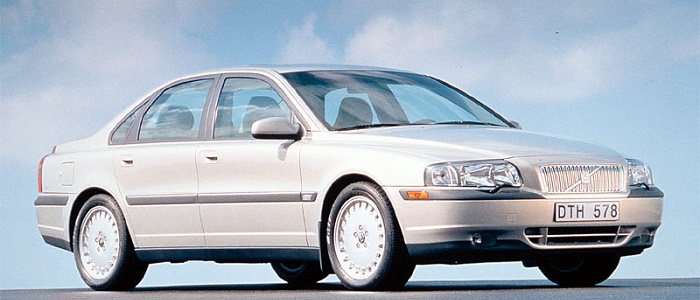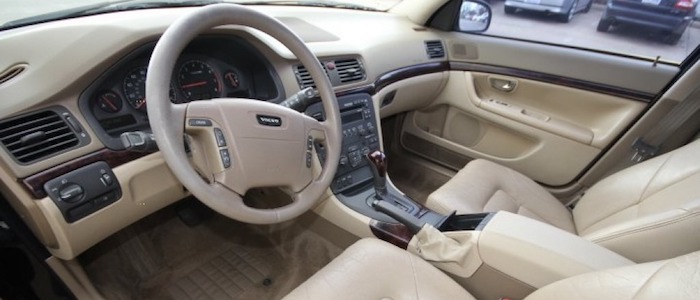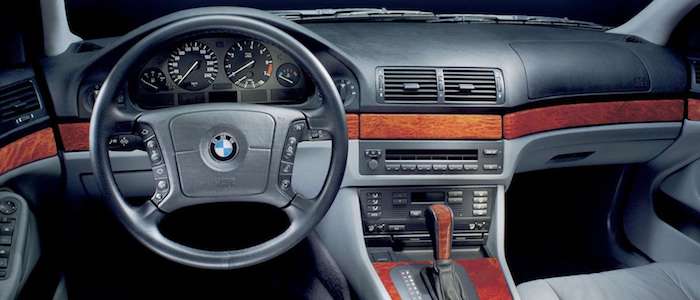Compare two cars
Compare any two cars and get our Virtual Adviser™ opinion
Dimensons & Outlines
Check vehicle history
Engine
Performance (manual gearbox)
Performance (automatic gearbox)
Expenses
Virtual Adviser's™ opinion
Two significantly similar cars, no doubt about that. Still, each one has something different to offer. Having both cars powered by petrol engines and utilizing the 4-door sedan body style within the same 'Luxury car' segment, the only major difference here really is their wheel drive configuration (front for the Volvo and rear in the case of the BMW). The first one has a Volvo-engineered powertrain under the hood, a 6-cylinder, 24-valves 272hp unit, while the other one gets its power and torque from a 6-cylinder, 24-valves 231hp engine designed by BMW.
SafetyThe first thing to look into here would be the results from European New Car Assessment Programme (Euro NCAP) tests performed on the two cars. Good thing is that both vehicles got tested, with the same number of safety stars gained in the process. Still, apart from the official crash test results there are other things we need to be aware of. Both vehicles belong to the luxury car segment, which is generally a very good thing safety-wise, but it doesn't do much to help us decide between the two. Furthermore, taking kerb weight as an important factor into account, the Swedish car offers a marginal difference of 5% more metal.
ReliabilityReliability is not the best thing to consider on the make level, but it is worth mentioning that Volvo does have a slight advantage, when all the models are taken into account. That's the official data, while our visitors describe reliability of Volvo with an average rating of 3.2, and models under the BMW badge with 4.1 out of 5. Independent research findings rank S80 as average reliability-wise, and 5 Series is more or less at the same level.That apart, owners of different cars powered by the same engine as the Swedish car rank it on average as 5.0 out of 5, exactly the same as the other one.
Performance & Fuel economyBMW is a bit more agile, reaching 100km/h in 0.1 seconds less than its competitor. In addition to that it accelerates all the way to 250 kilometers per hour, exactly the same as the other car does. When it comes to fuel economy the winner has to be the German car, averaging around 9.5 liters of fuel per 100 kilometers (30 mpg), in combined cycle. We can't ignore that 19% difference compared to the Swedish car.
Verdict
Volvo appears just a bit more reliable, although the difference is truly marginal. The most important thing when deciding between any two vehicles should always be safety, both passive and active. In my opinion, everything taken into account, the Swedish car offers slightly better overall protection and takes the lead. From there things take a different direction, with BMW offering somewhat better performance, just enough to call it quicker. To make things even better, it consumps less fuel! It's not difficult to say then that if I'd need to make a choice, it would definitely be the BMW. In any case that's my personal view, built upon all the data available to me. What should decide here though is the way you feel about the two vehicles, and I hope you'll find my guidelines useful in the process. In case you have two minutes to spare I invite you to define your needs, desires and budget and see which car would be chosen by the virtual adviser™, among thousands of similar, yet so different vehicles.































